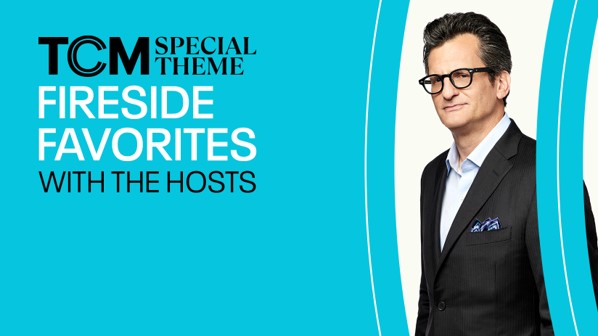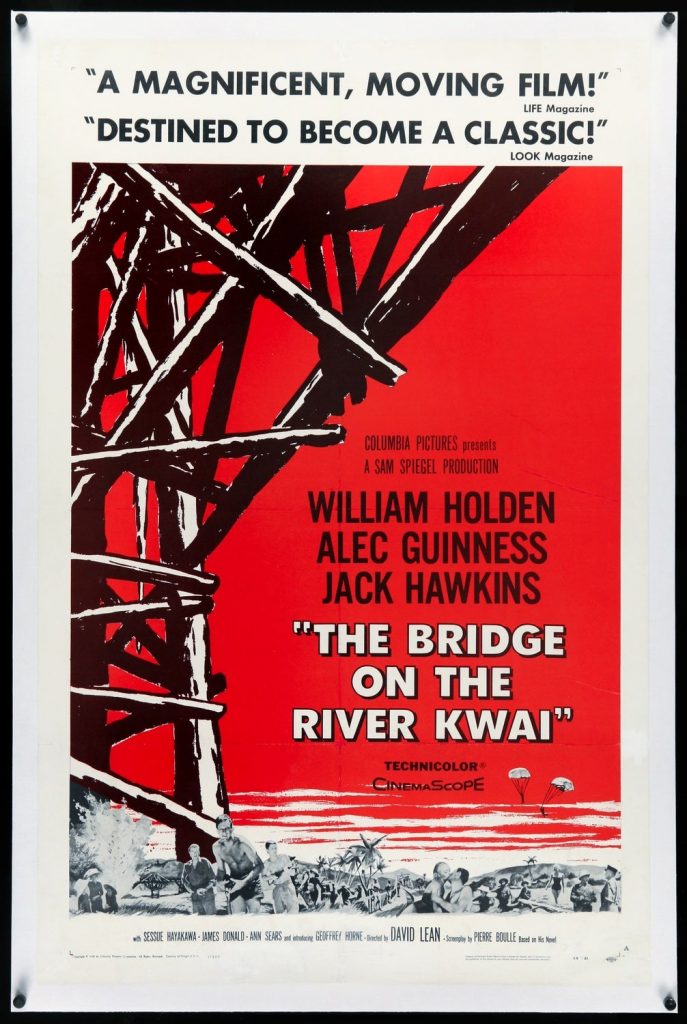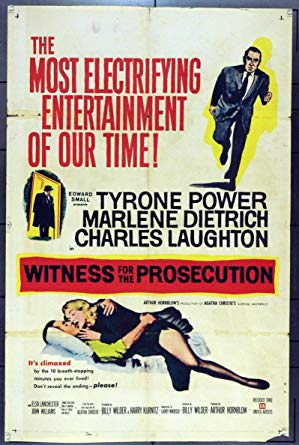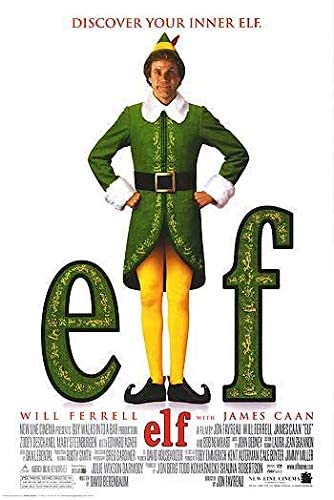Classic Couple Exclusive: Fireside Favorites with Ben Mankiewicz
On Christmas night Saturday, December 25, Ben Mankiewicz transitions the prime time slot on TCM from holiday programming to Fireside Favorites with the Hosts. Classic Couple asked Ben about his two film selections—epic and dramatic. For extra measure, we asked him about must-watch viewing in the Mankiewicz household at the holidays. He did not disappoint. Ben’s Fireside Favorites follow.

Classic Couple: The Bridge on the River Kwai (1957) screenwriters were on the Hollywood blacklist, director David Lean clashed with the cast, and filming faced extreme challenges. How does this production backstory influence your views on this critically acclaimed war epic?
Ben Mankiewicz: In general, a director clashing with his cast does not concern me much. This was Lean’s first epic, a huge undertaking for a director whose signature movie to that point was as narrow a film as there is, Brief Encounter, a beautiful and authentic romantic drama from 1945, which earned him his first Academy Award nomination. That said, Lean was hardly a one-hit wonder. He made a number of bigger films, including Great Expectations, Oliver Twist, and Summertime, but nothing yet on the scale of Bridge on the River Kwai. Plus, his two leads, Alec Guinness and William Holden, weren’t wallflowers. They expressed their opinions—and this would’ve been a trying shoot under the best of circumstances.
I am intently interested in the authorship of the screenplay. The blacklist represents a low point in Hollywood history (and the country’s history) and yet it continues to be opaque to many film fans. This was 1957, long past the point when writers of Carl Foreman and Michael Wilson’s stature should’ve had to hide behind a front. Of course, there was never a time when that should’ve been the case, but it tells you something about the power of propaganda and the politics of fear that two men who never did anything to raise a question about their loyalty to their country were not permitted to openly work at their craft.
That backstory serves to enhance the film for me, mostly because it gives me another reason to openly discuss the insidious nature of the blacklist whenever I introduce Bridge on the River Kwai on TCM.
Classic Couple: What makes Witness for the Prosecution (1957) a standout courtroom drama for you?
Ben Mankiewicz: Witness for the Prosecution is ensconced in the top tier of courtroom dramas. And that’s saying something, because there are so many good ones, including another from Hollywood’s best year, 1957, Twelve Angry Men. The cast is something: Charles Laughton is at his best (and many argue he was the best who ever lived), as is Marlene Dietrich, in what’s really a dual role that writer/director Billy Wilder kept from the audience, which allowed for a perfectly executed twist at the end of the film. Plus you’ve got Tyrone Power and Elsa Lanchester, both perfectly cast. Even Power’s name is gold: Leonard Vole. I mean (SPOILER COMING), of course he did it—his name is Leonard Vole.
Classic Couple: Family ties aside, what is a Mankiewicz family go-to film?
Ben Mankiewicz: We have many go-to movies throughout the year and over the holidays. We’ve already seen Elf twice this month, which everybody loves, from our daughter Josie to me and my wife. My wife can’t watch the scene where Will Ferrell inhales spaghetti with maple syrup while Josie laughs so hard she gets the hiccups. Elf has also taught Josie a bit about the movie-making process. When Buddy burps for like 17 seconds after drinking a 64-ounce Coke, Josie pointed out that they probably just edited a short burp together multiple times to get one long burp. Pretty sure that’s the same way Martin Scorsese discovered his love of film.
We’ll also watch Christmas in Connecticut multiple times, as well as Remember the Night (this is a Barbara Stanwyck household). And of course, there will be screenings of It’s a Wonderful Life, A Christmas Story, Ferris Bueller’s Day Off (good anytime of year), and Die Hard (maybe Josie sits that one out).



